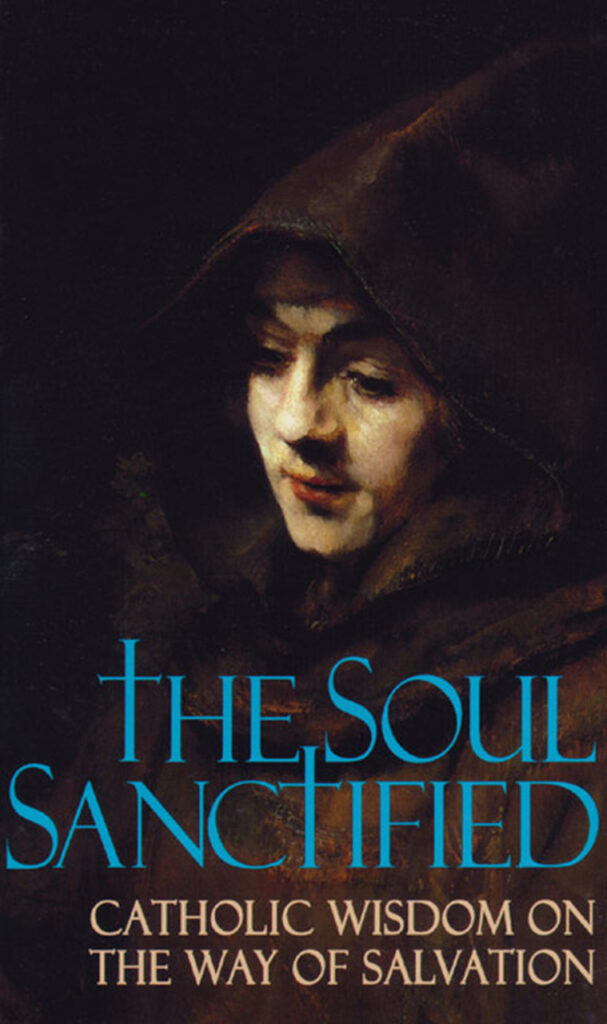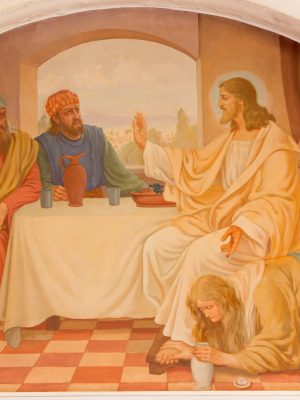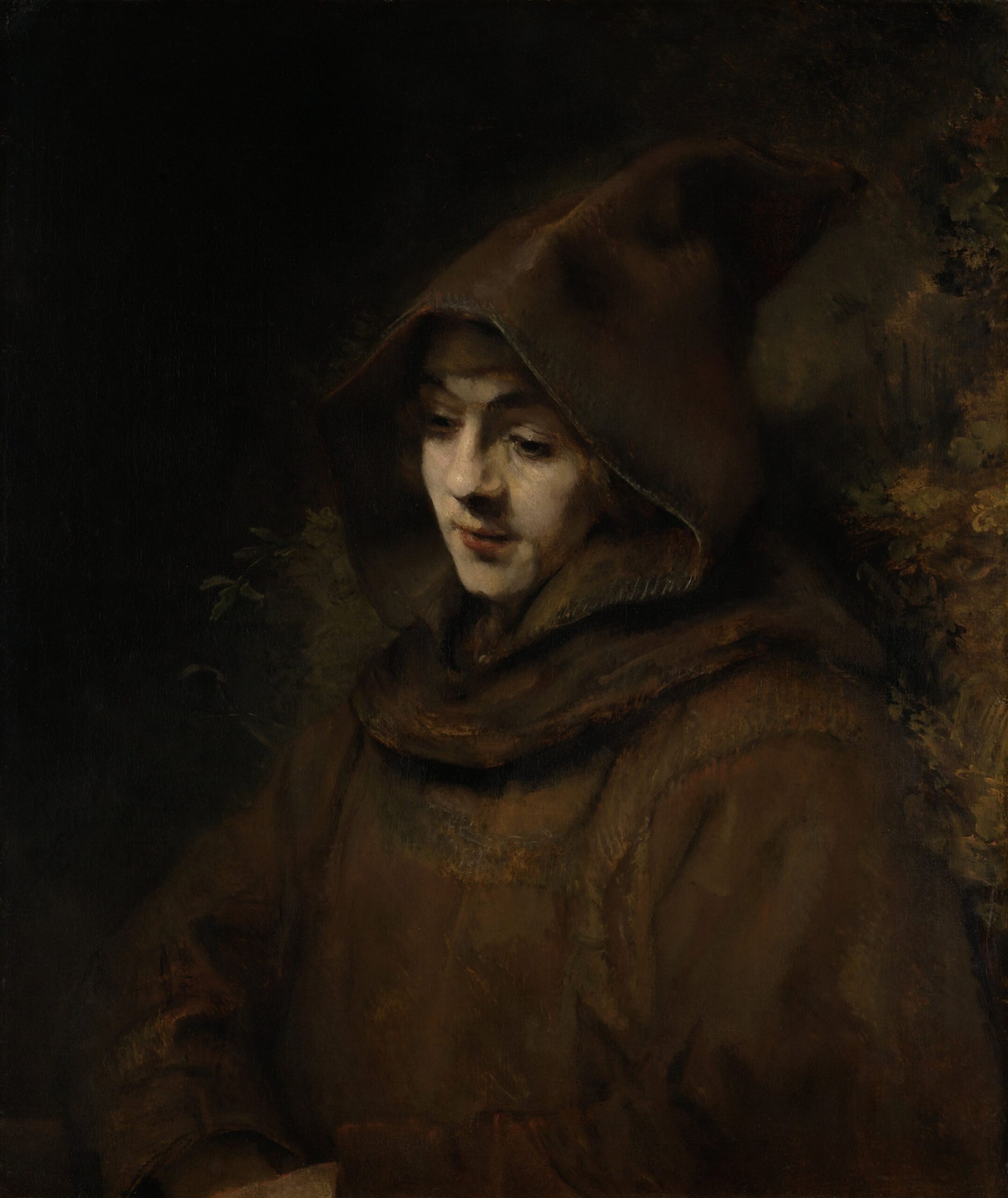“That they who live may not now live to themselves, but unto Him who died for them, and rose again.”
-2 Corinthians 5:15
St. Augustine says that Jesus Christ, having first given His life for us, has bound us to give our life for Him, and further, that when we go to the Eucharistic table to communicate, as we go to feed there upon the Body and Blood of Jesus Christ, we ought also, in gratitude, to prepare for Him the offering of our blood and of our life, if there is need for us to give either of them for His glory.
Full of tenderness are the words of St. Francis of Sales on this text in St. Paul: “The charity of Christ presseth us.” (2 Cor. 5:14). To what does it press us? To love Him. But let us hear what St. Francis says: “When we know that Jesus has loved us even to death, and that the death of the Cross, is not this to feel our hearts constrained by a violence as great as it is full of delight?” And then he adds, “My Jesus gives Himself wholly to me, and I give myself wholly to Him; I will live and die upon His breast, and neither death nor life shall ever separate me from Him.”
St. Peter, in order that we might remember to be ever grateful to our Saviour, reminds us that we were not redeemed from the slavery of Hell with gold or silver, but with the Precious Blood of Jesus Christ, which He sacrificed for us as an innocent lamb upon the altar of the Cross. Great, therefore, will be the punishment of those who are thankless for such a blessing if they do not correspond to it.
It is true that Jesus came to save all men who were lost, but it is also true what was said by the venerable Simeon when Mary presented the child Jesus in the temple: “Behold, this child is set for the fall and the rising again of many in Israel, and for a sign which shall be contradicted.” (Luke 2:34). By the words, “for the rising again,” he expresses the salvation which all believers should receive from Jesus Christ, who by faith should rise from death to the life of grace.
But first, by the words, “he is set for the fall,” he foretells that many shall fall into a greater ruin by their ingratitude to the Son of God, who came into the world to become a contradiction to His enemies, as the foregoing words imply, for Jesus Christ was set up as a sign, against which were hurled all the calumnies, the injuries, and the insults which His own people devised against Him. And this sign is contradicted or spoken against not only by people of the present day, who deny him to be the Messias, but by those Christians who ungratefully return His love with offenses and by neglecting His commands.
Our Redeemer, says St. Paul, went so far as to give His life for us in order to make Himself the Lord of all our hearts, by displaying to us His love in dying for us. “For to this end Christ died and rose again, that He might be Lord both of the dead and of the living.” (Rom. 14:9). No, writes the Apostle, we are no longer our own, since we have been redeemed by the Blood of Jesus Christ.
“Whether we live, therefore, or die, we are the Lord’s.” (Rom. 14:8). Wherefore, if we do not love Him and obey His precepts, of which the first is that we should love Him, we are not only ungrateful, but unjust and deserve a double punishment. The obligation of a slave rescued by Jesus Christ from the hands of the devil is to devote himself wholly to love and serve Him, whether he live or die.
St. John Chrysostom makes an excellent reflection upon the above-quoted text of St. Paul, saying that God has more care for us than we have for ourselves and therefore regards our life as His own riches and our death as His own loss, so that if we die, we die not to ourselves, but also to God. Oh how great is our glory while we live in this valley of tears, in the midst of so many dangers of perishing, that we should be able to say, “We are the Lord’s; we are His possession; He will take care to preserve us in His grace in this life and to keep us with Himself throughout eternity in the life that is to come!”
This article is taken from a chapter in The Soul Sanctified: Catholic Wisdom on the Way of Salvation which is available from TAN Books.









